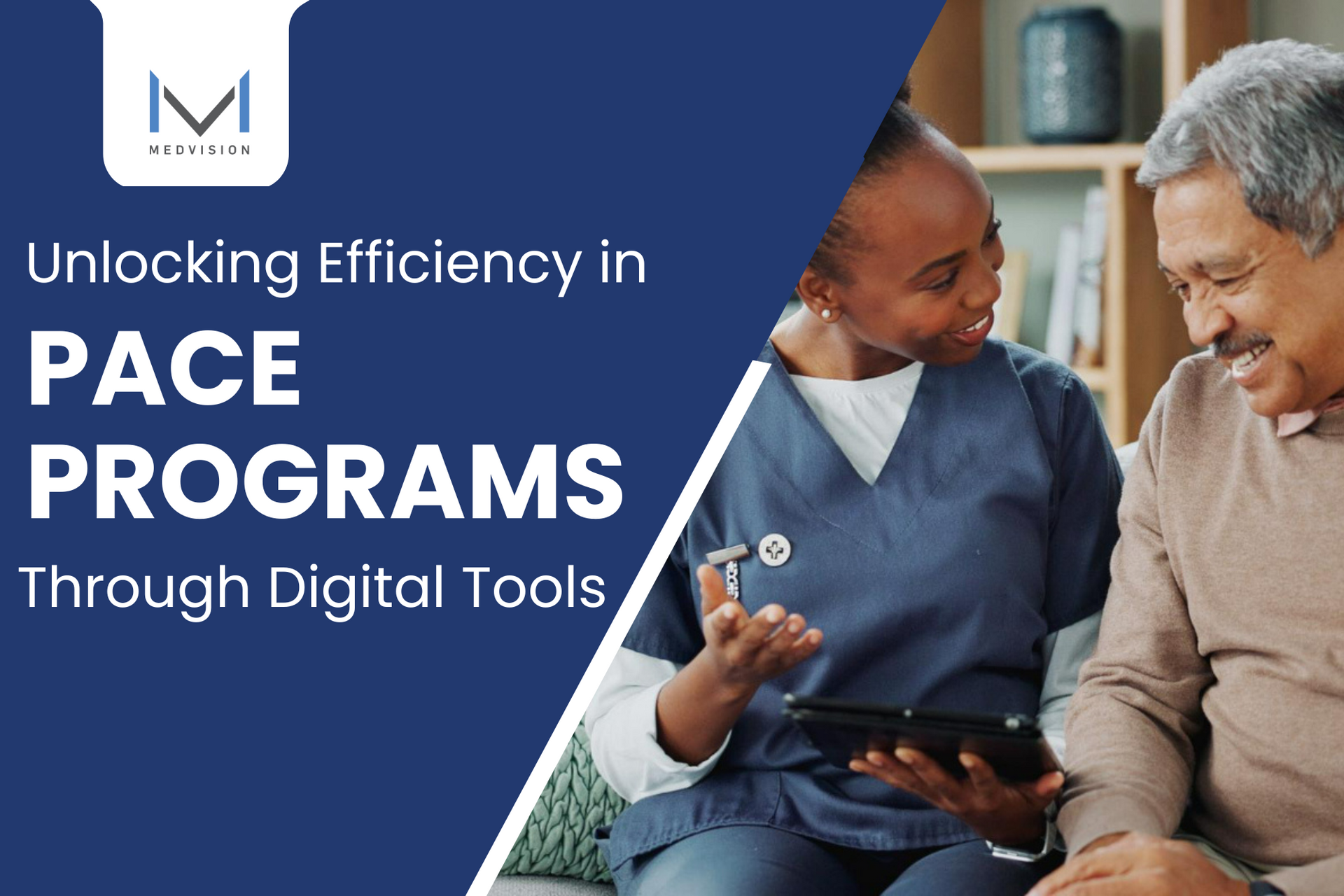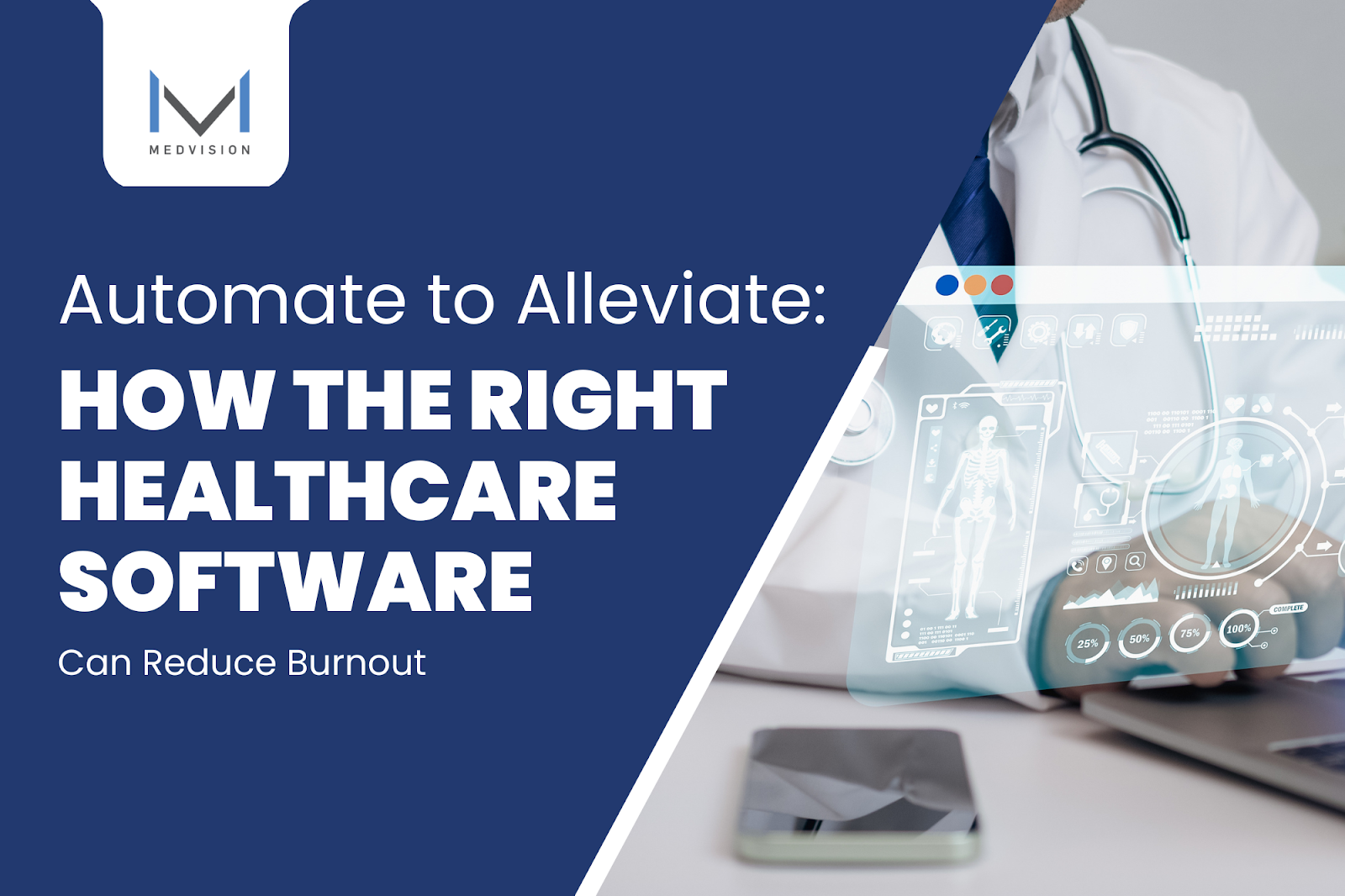Implementing Chronic Care Models in Primary Care Settings
Chronic diseases, such as heart disease, diabetes, and chronic respiratory conditions, collectively contribute to 7 in 10 deaths each year. This staggering statistic highlights the urgent need for innovative healthcare approaches. That's why chronic care models, with their comprehensive frameworks, are poised to transform how primary care settings manage these prevalent, long-term health conditions.
Understanding Chronic Care Models

What is the chronic care model? It’s a blueprint healthcare providers use in caring for those with chronic diseases. It's all about rethinking our healthcare system and moving away from focusing on short-term issues towards effectively managing ongoing health concerns.
Chronic care models have six significant elements that work together to ensure top-notch care for individuals with chronic diseases.
Healthcare Organizations
Groups that want to adopt a chronic care model include its staff, leaders, day-to-day operations, what it believes in, and what it aims to achieve. The size of a healthcare organization may range from a small family practice to a more extensive, multi-site healthcare system.
Clinical Information Systems (CIS)
Every care model requires a database that tracks patient information and alerts providers of necessary tests or procedures. This tool keeps healthcare teams informed and ready to take the right actions for their patient's care.
Read More:
Data Conversion: Why It Matters for Healthcare Administration Software
Decision Support
This element offers healthcare professionals evidence-based guidelines, protocols, and tools for informed clinical decisions unique to each patient's needs. Providers integrate these guidelines into their daily practice and share them with patients to encourage active involvement.
Delivery System Design
Coordinating care delivery is vital for a chronic care model to thrive. It's all about improving communication among healthcare providers and making processes smoother. This element deals with how practices structure, staff, and provide services.
Self-Management Support
Chronic care models aim to support patients in taking control of their health by offering self-care education, tools, and resources. This aim emphasizes the patient's active role in managing their health. It uses methods like mutual goal setting and action planning, often through group classes and skill-building sessions covering various lifestyle behaviors.
Community Resources and Policies
Connecting with community support networks is crucial for creating an environment that helps people with chronic conditions improve their long-term health. Providers partner with resources like church support groups, local health programs, clinics, and online communities to make a difference in patient care.
Read More:
Realizing Equity Access and Community Health | ACO
How Chronic Care Models Impact Patient Well-Being

With an effective chronic care management model, patients dealing with chronic illnesses reap several key benefits. These models prioritize preventive care, leading to better disease management and fewer complications. The goal is to empower patients and encourage them to actively engage in their care. This involvement builds confidence and helps patients stick to their treatment plans more effectively.
Chronic care management comes with improved access to healthcare services through redesigned delivery systems. Creating better care delivery frameworks means quicker interventions and better patient monitoring, ensuring patients get the care they need when they need it.
Challenges in Primary Care Settings

Implementing chronic care models in primary care settings has its fair share of challenges. One of the big hurdles is the need for more resources and staffing. This predicament makes it tough for healthcare providers to dedicate enough time and attention needed to manage chronic diseases when they're already dealing with heavy workloads.
Read More: 12 Care Management Support Services Your Practice Needs Today
Getting patients actively involved in their care proves to be another challenging task. Many face language barriers, have trouble understanding their conditions, or lack access to educational resources. These conditions make it hard for them to stick to treatment plans or make necessary lifestyle changes.
There's a need for innovative solutions to tackle these challenges. Finding ways to make the most of the resources available, creating personalized and easy-to-understand educational materials, and involving a team of healthcare professionals to provide comprehensive support to patients managing chronic conditions can make a big impact.
Critical Strategies for Improved Chronic Care Management

There are various strategies that affect health outcomes when implementing patient care models that address chronic illnesses. Firstly, team-based care is a game-changer. Bringing together a mix of doctors, nurses, pharmacists, and other specialists ensures that patients get well-rounded care tailored to their needs.
Then, there's the tech side of things. Electronic health records (EHRs), telehealth services, and smart monitoring devices help everyone stay connected. These tools make sharing information smoother, keep an eye on patient data in real-time, and improve how patients access healthcare services.
Read More: ACO REACH: Enable Healthcare Access Through Telemedicine
On top of that, ongoing training and education for healthcare providers are crucial. Keeping everyone in the loop about the latest practices, suitable communication methods, and ways to engage patients effectively ensures the team delivers top-notch care while rolling out chronic care models smoothly.
Master Chronic Care Models with QuickCap

In primary care settings, chronic care's future is about being more proactive and patient-centric. MedVision's QuickCap 7 (QC7) presents a promising solution to assist healthcare practices in effectively implementing chronic care models.
QC7 streamlines chronic care management by offering a user-friendly interface for coordinating patient care, tracking health metrics, and devising personalized care plans. With features integrating patient data and facilitating communication among care team members, you'll enhance collaboration and promote a more holistic approach to patient care.
Read More: How Care Coordination Software Impacts Your Practice
QC7’s patient engagement features, such as educational resources and secure messaging, enable patients to actively manage their health. It's a step forward in handling chronic care within primary care settings.
Optimize, Personalize, Connect
Transform Chronic Care with QuickCap Today!
References:
- “About the Chronic Disease Center | CDC,” n.d. https://www.cdc.gov/nccdphp/about/
- Abowd, Gregory D., Gillian R. Hayes, Julie A. Kientz, Lena Mamykina and Elizabeth D. Mynatt. “Challenges and Opportunities for Collaboration Technologies for Chronic Care Management.” (2006).
- Grover, Ashoo, and Ashish Joshi. “An Overview of Chronic Disease Models: A Systematic Literature Review.” Global Journal of Health Science 7, no. 2 (October 29, 2014). https://doi.org/10.5539/gjhs.v7n2p210.
Recently published articles
Keep in touch
Subscribe to get the latest update
Trending topics
Share your insights on social media
Upcoming events and company news


















